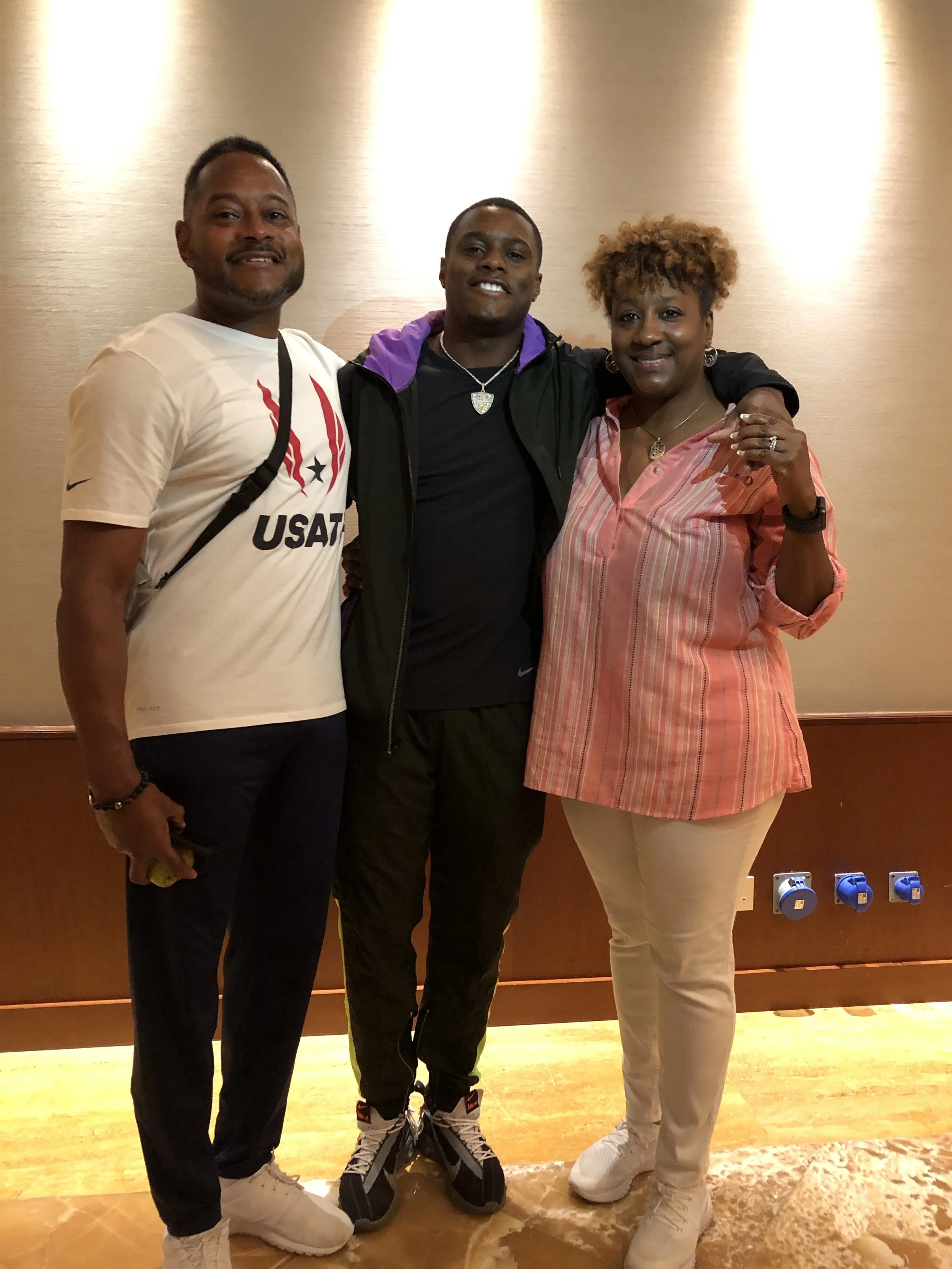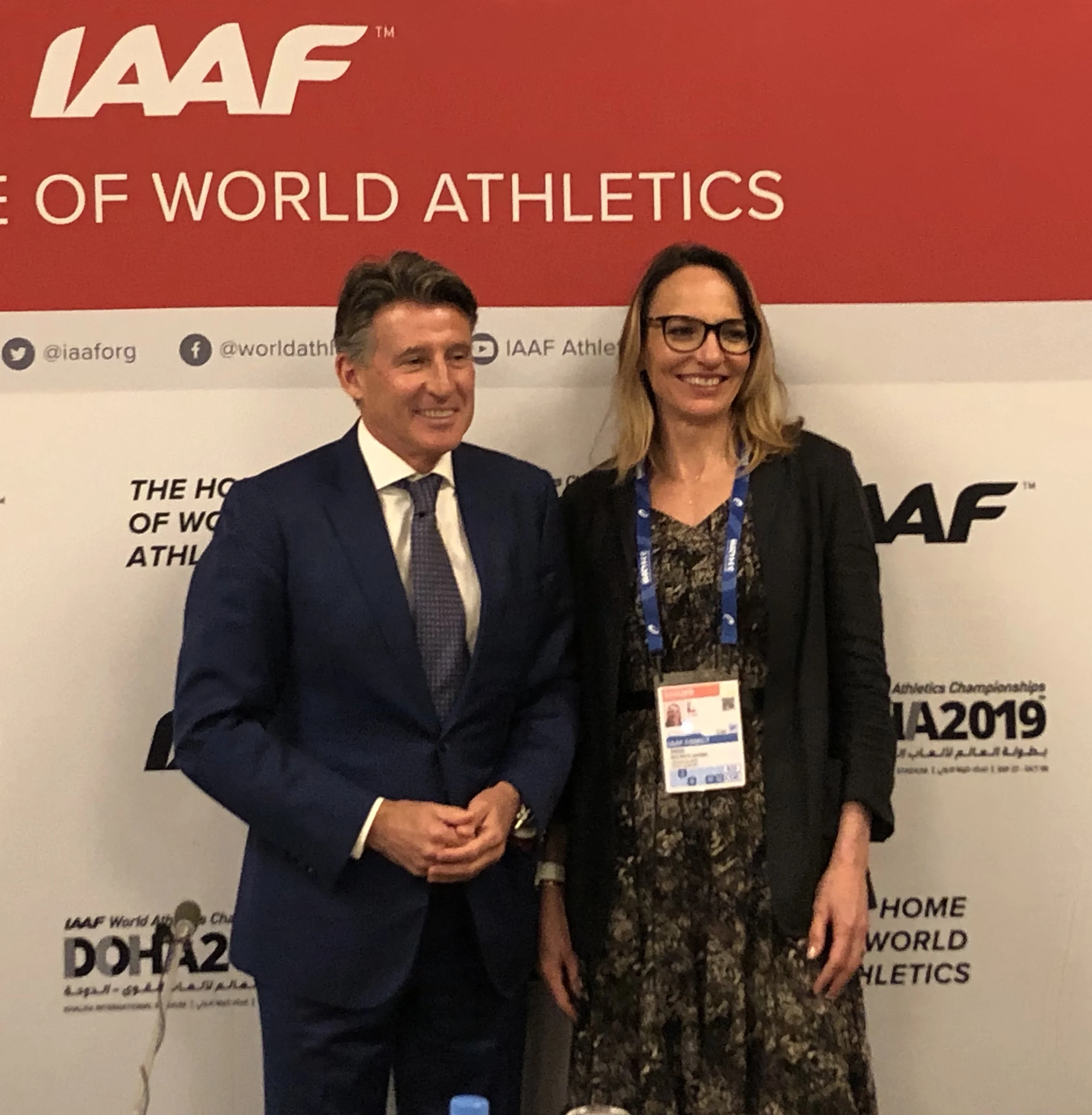DOHA, Qatar — It was 10 years ago already that Caster Semenya announced herself to the world. Just 18, a virtual unknown from South Africa, she won the women’s 800 meters at the IAAF world championships in Berlin.
Since, the Semenya story has captivated, educated, intrigued, inspired, enraged and so much more, a debate over on, the one hand, the worth of every single person on Planet Earth to not only be who she or he is but the best she or he that he or she can be matched against, on the other, the fundamental question of what is fair tied up with the obligation of international sports authorities to be fair to everyone, not just someone.
There is no right or wrong in the complex mosaic of issues presented by the matter personified by Caster Semenya and, as it turns out, others with what has come to be called “differences of sexual development,” including the two other medalists in the women’s 800 at the Rio 2016 Summer Games, Francine Niyonsaba of Burundi and Margaret Wambui of Kenya.
To reiterate, there is no — speaking figuratively — black or white here. This is a matter subject to interpretation. It is all greys. This is why the debate, the politics, the posturing has been — is — so ferocious, and from so many sides. Just to pick one of many, many comments on the matter, this from U.S. racer Brenda Martinez here in Doha: “I’d rather race against an intersex athlete than a drug cheat.”
It’s also why Monday night’s championship final at the IAAF 2019 world championships marked either the end — 10 years later — of the Semenya story in track and field or, perhaps, a pause, just another chapter, now amid a contentious legal process before next summer’s Tokyo Olympics.









